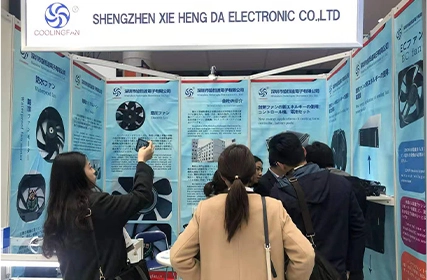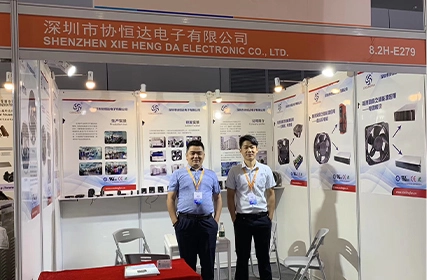In the ever-evolving world of automotive technology, we are witnessing remarkable advancements in various components that make up a vehicle. One such crucial component is the car fan. Over the years, car fans have undergone a technological evolution, with advanced fan technology now playing a vital role in ensuring optimal cooling for vehicles. In this article, we will explore how smart automotive cooling systems are integrating advanced fan technology to enhance performance and efficiency.
A Technological Evolution of Car Fan
Gone are the days when car fans were simply designed to blow air over the engine to cool it down. With advancements in materials, design, and engineering, car fans have become more efficient and sophisticated. The quest for better performance and fuel efficiency has led to the development of advanced fan technology.
Today, car fans are designed using lightweight materials such as carbon fiber and advanced polymers, which not only contribute to weight reduction but also improve overall efficiency. Furthermore, modern car fans are equipped with aerodynamically optimized blades that ensure better air flow and cooling with axial fan application.

Advanced Car Fan technology: Precision in Cooling
Smart automotive cooling systems are now equipped with advanced fan technology that enables precise control over cooling. These systems utilize sensors and data analysis to monitor various factors such as engine temperature, vehicle speed, and ambient conditions. Based on this information, the cooling system adjusts the fan speed and airflow to provide optimal cooling at all times.
One of the key advancements in car fan technology is the implementation of variable speed fans. Unlike traditional fixed-speed fans, variable speed fans can adjust their speed depending on the cooling requirements. This ensures that the engine is not overcooled or undercooled, leading to improved performance and fuel efficiency.

Intelligent Control Systems: Adapting to Every Drive with Car Fan
Intelligent control systems are at the forefront of smart automotive cooling systems. These systems use advanced algorithms and artificial intelligence to analyze real-time data and make precise adjustments to the cooling system. For instance, if the vehicle is in heavy traffic or operating in extreme weather conditions, the control system can increase fan speed and airflow to ensure optimal cooling.
Furthermore, intelligent control systems can also communicate with other vehicle systems, such as the engine management system, to optimize overall vehicle performance. This integration of different systems allows for better coordination and efficiency, ultimately improving the overall driving experience.
The Road Ahead for Car Fan
The future of car fan technology looks promising, with ongoing research and development aimed at further enhancing performance and efficiency. Researchers are exploring new materials and designs that can further reduce weight and drag, resulting in improved fuel economy.
Additionally, advancements in connectivity and vehicle-to-vehicle communication may lead to collaborative cooling systems where vehicles can share cooling resources. This has the potential to optimize cooling efficiency and reduce the overall environmental impact of the automotive industry.
In conclusion, smart automotive cooling systems are integrating advanced fan technology to provide precise and efficient cooling for vehicles. The technological evolution of car fans has led to the development of lightweight materials, aerodynamically optimized designs, and variable speed fans. Furthermore, intelligent control systems enable adaptive cooling based on real-time data, enhancing overall vehicle performance. As the automotive industry continues to innovate, the future of car fan technology holds exciting possibilities for improved performance, efficiency, and sustainability.

 EN
EN 

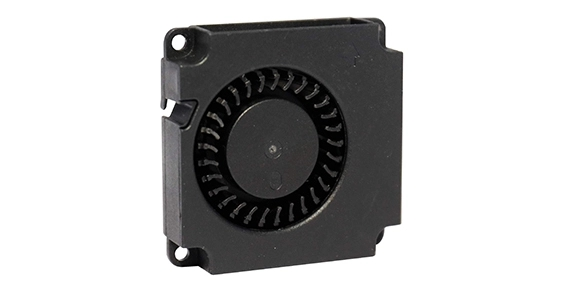 +
+
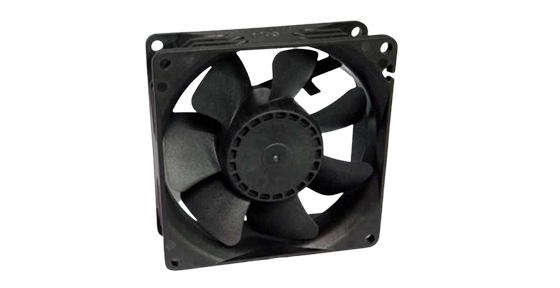 +
+
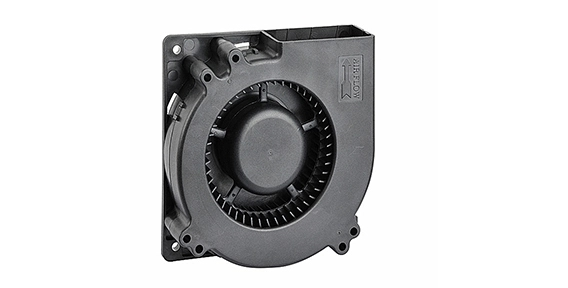 +
+
